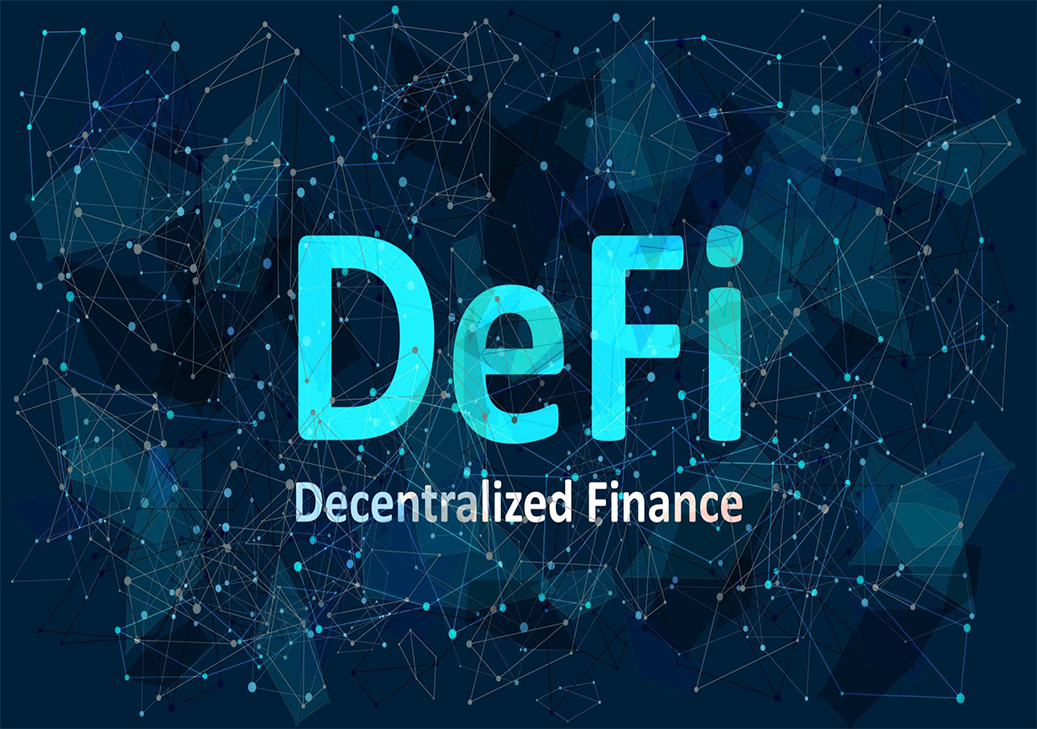Innovations and Technology
Decentralized Finance (DeFi)

Exploring the World of DeFi and Its Impact on Traditional Finance
Introduction to DeFi
Decentralized Finance, commonly known as DeFi, refers to a burgeoning sector within the cryptocurrency industry that aims to recreate and improve upon traditional financial systems using blockchain technology. Unlike conventional financial institutions, DeFi platforms operate without intermediaries such as banks and brokers, offering financial services directly to users via smart contracts on decentralized networks, predominantly Ethereum.
Key features of DeFi include:
- Decentralization: DeFi eliminates the need for central authorities by using decentralized networks and protocols.
- Transparency: Transactions and smart contracts are visible on the blockchain, ensuring transparency.
- Accessibility: DeFi platforms are accessible to anyone with an internet connection, promoting financial inclusion.
- Programmability: Smart contracts enable automated, programmable financial services that can execute based on predefined conditions.
Key DeFi Projects
Several prominent DeFi projects have made significant contributions to the space, each addressing different aspects of the financial system:
Uniswap:
- Functionality: A decentralized exchange (DEX) that allows users to trade cryptocurrencies directly from their wallets without an intermediary.
- Innovation: Uniswap uses an automated market maker (AMM) model, where liquidity pools facilitate trading instead of traditional order books.
Aave:
- Functionality: A decentralized lending and borrowing platform where users can earn interest on deposits and borrow assets.
- Innovation: Aave introduced flash loans, which are loans that must be repaid within the same transaction block, enabling arbitrage opportunities without collateral.
Compound:
- Functionality: A protocol for algorithmic, decentralized interest rates on cryptocurrencies.
- Innovation: Compound allows users to supply assets to liquidity pools and earn interest, or borrow assets by collateralizing their crypto holdings.
MakerDAO:
- Functionality: A decentralized credit platform that supports the creation of DAI, a stablecoin pegged to the US dollar.
- Innovation: MakerDAO’s system uses collateralized debt positions (CDPs) to maintain DAI’s stability, providing a decentralized alternative to traditional stablecoins.
Yearn Finance:
- Functionality: A yield aggregator that automates the process of finding the best interest rates across different DeFi protocols.
- Innovation: Yearn Finance maximizes returns on crypto assets by automatically shifting them between lending protocols based on yield optimization strategies.
Impact on Finance
DeFi is significantly transforming traditional financial systems and services in several ways:
-
Disintermediation:
- Reduction of Middlemen: By eliminating intermediaries like banks and brokers, DeFi reduces costs and increases the efficiency of financial transactions.
- Direct Peer-to-Peer Transactions: Users can directly engage in financial activities such as lending, borrowing, and trading without relying on centralized entities.
-
Financial Inclusion:
- Access to Financial Services: DeFi platforms provide access to financial services for unbanked and underbanked populations who may not have access to traditional banking systems.
- Global Participation: Anyone with an internet connection can participate in DeFi, removing geographic and economic barriers.
-
Innovation and Flexibility:
- Programmable Money: DeFi enables the creation of programmable financial products and services through smart contracts, allowing for more innovative financial solutions.
- Custom Financial Products: Users can create and customize their financial products, such as synthetic assets, derivatives, and prediction markets.
-
Transparency and Security:
- Immutable Records: All transactions and smart contract operations are recorded on the blockchain, ensuring transparency and security.
- Reduced Fraud: The transparency and automation of DeFi reduce the risk of fraud and manipulation common in traditional finance.
-
Challenges and Risks:
- Volatility and Stability: DeFi markets can be highly volatile, and the stability of some projects may be uncertain.
- Regulatory Uncertainty: The lack of clear regulations poses risks for both users and developers.
- Security Vulnerabilities: Smart contract bugs and exploits can lead to significant financial losses.
Conclusion:
Decentralized Finance (DeFi) represents a revolutionary shift in the financial landscape, leveraging blockchain technology to offer more accessible, transparent, and innovative financial services. With key projects like Uniswap, Aave, Compound, MakerDAO, and Yearn Finance driving the space forward, DeFi is poised to significantly impact traditional financial systems. However, while it offers numerous benefits, it also presents challenges that must be addressed as the industry continues to evolve.
